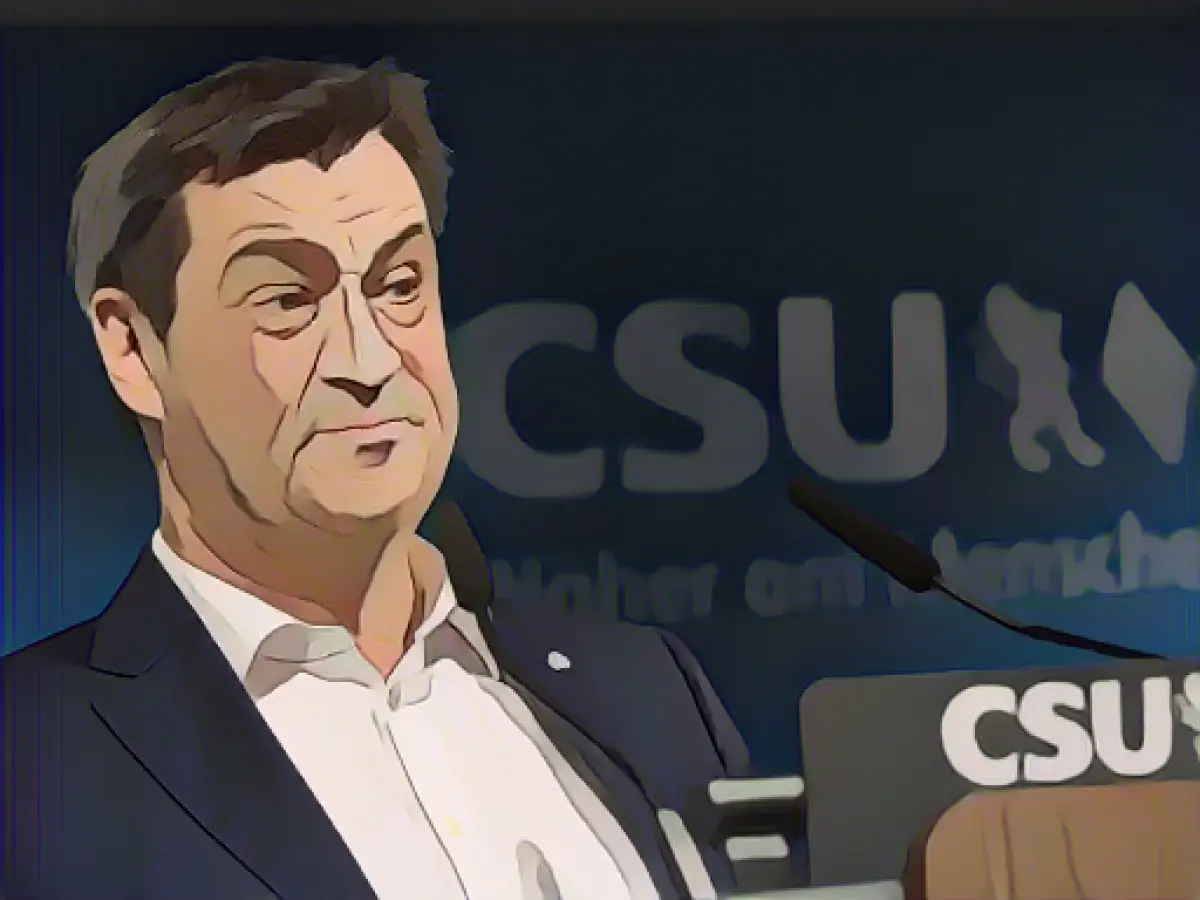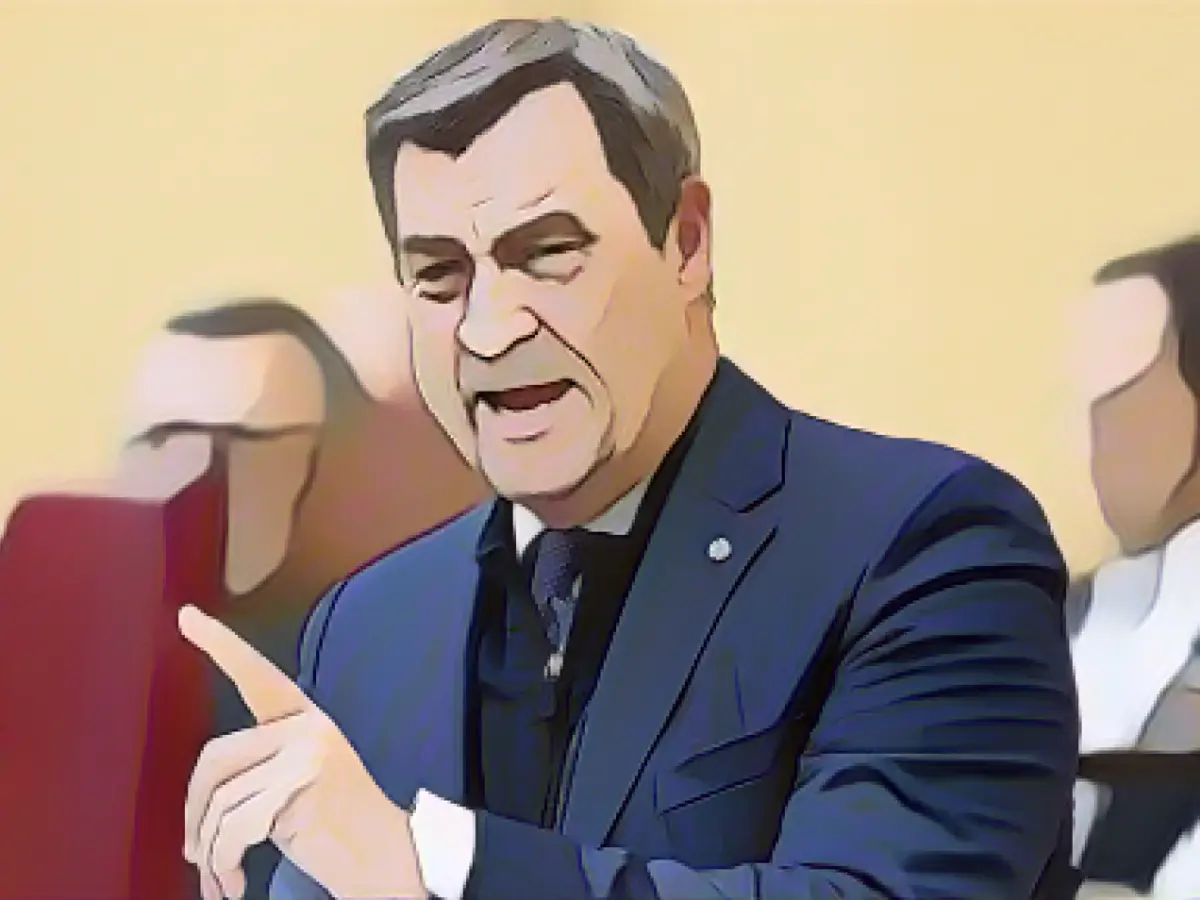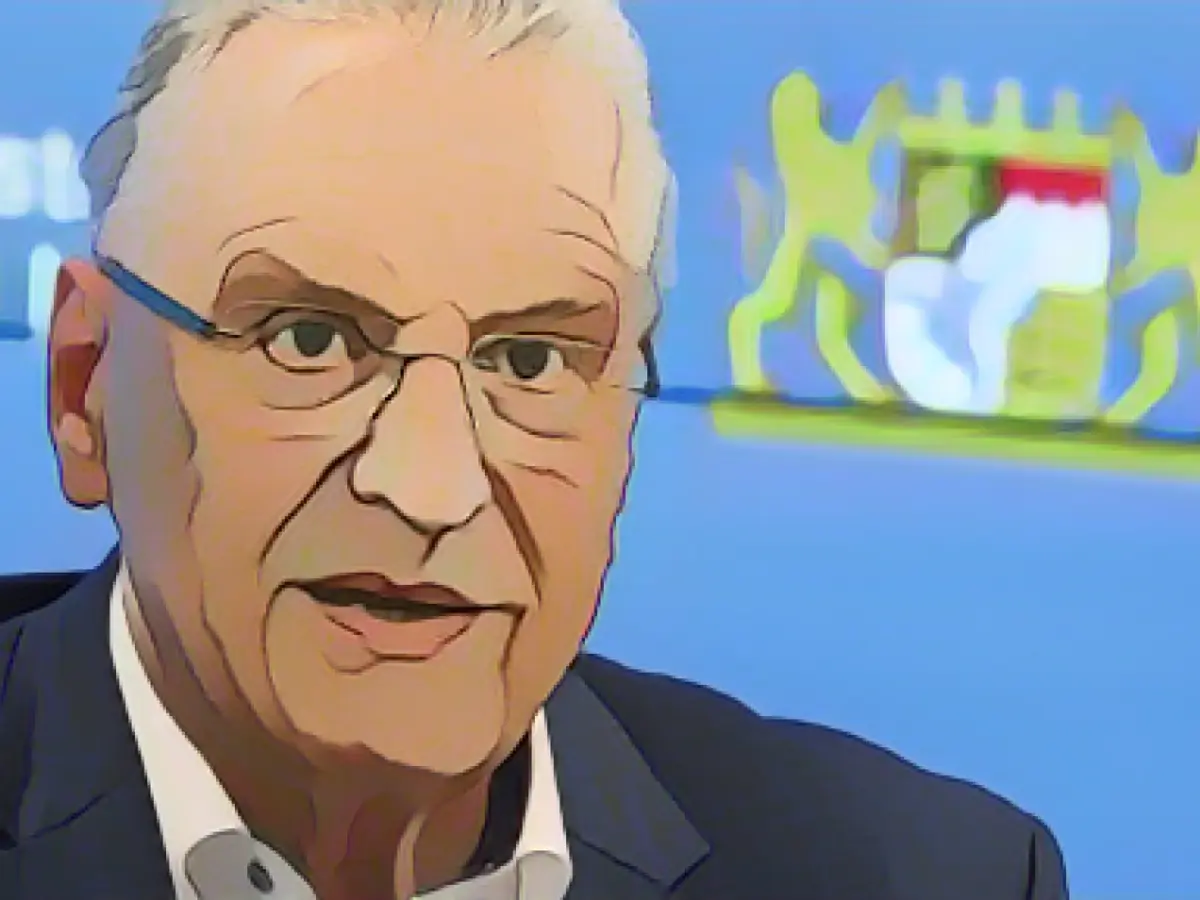Söder Slams Traffic Light Coalition's Electricity Tax Reduction as Insufficient
Markus Söder, leader of the Christian Social Union (CSU), has criticized the traffic light coalition's planned reduction in electricity tax as falling short of what's needed. In a meeting in Munich, Söder asserted that the initiative, while a step in the right direction, is belated and hesitant. According to Söder, the current measures don't address the issue comprehensively.
Businesses and industries in Germany have grappled with escalating electricity prices for months. The CSU has advocated for reducing the electricity tax for some time now. Despite their advocacy, the proposed reduction fails to satisfy the large energy-intensive sectors like the chemical industry, which argues that it merely continues the existing trends without adequately addressing high electricity prices.
The German government plans to lower the cost of electricity for the manufacturing industry through a tax reform. This includes significant reductions in electricity tax for 2024 and 2025 for the manufacturing sector and an expansion of the existing electricity price compensation for affected companies. Chancellor Olaf Scholz (SPD) estimates the relief to reach up to twelve billion euros in 2023 alone. The price brake is intended to apply from 2026 to 2028, subject to feasible counter-financing in the federal budget.
Söder criticizes the federal government for the "cardinal error" of lacking a strategy to reduce electricity prices through self-generation of electricity. "We will continue to have high electricity prices because we have to buy electricity from other sources that haven't been produced yet," says Söder. Renewable energies won't be sufficient to meet demand "in any form" over the following five years.
The CSU under Söder's leadership believes that the proposed electricity tax reduction by the traffic light coalition does not effectively tackle the high electricity prices in the industry. Critics argue that the planned reduction is merely a continuation of the current trend and fails to address the problem adequately.
Additional Insights:
The CDU/CSU's immediate action program, including reducing electricity tax and network charges, aims to relieve prices by at least five cents per kilowatt-hour. This reduction could potentially bring down energy costs for industries like the chemical industry. While Söder doesn't directly address the effectiveness of the traffic light coalition's proposed measures in the provided sources, the CDU's program has the potential to alleviate pressure on industries experiencing high electricity prices.
[1] German Industry Energy Association (BDI) [2] Federal Association of German Industry (BDI) [3] CSU election program 2018 [4] CSU press release – Asylum policy [5] CSU press release – Economic and tax policy agenda








